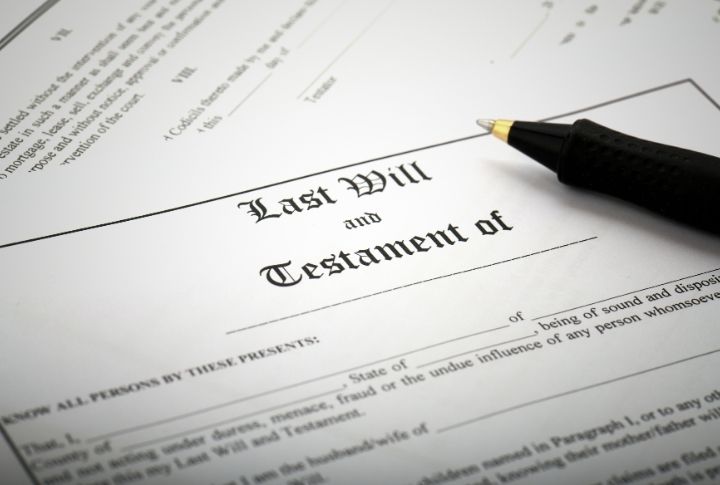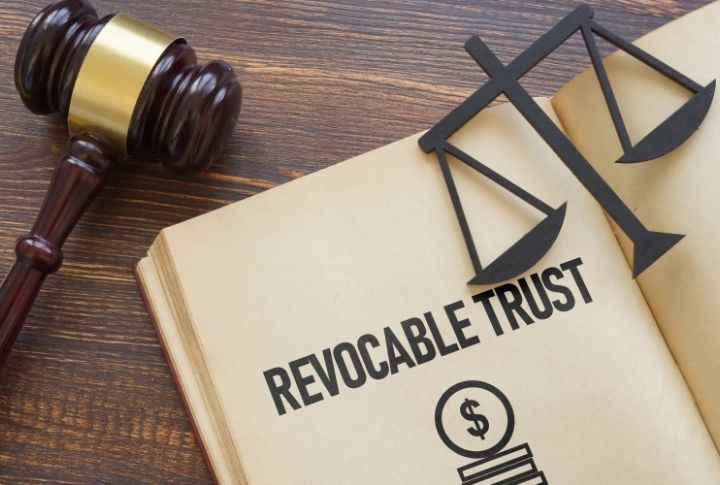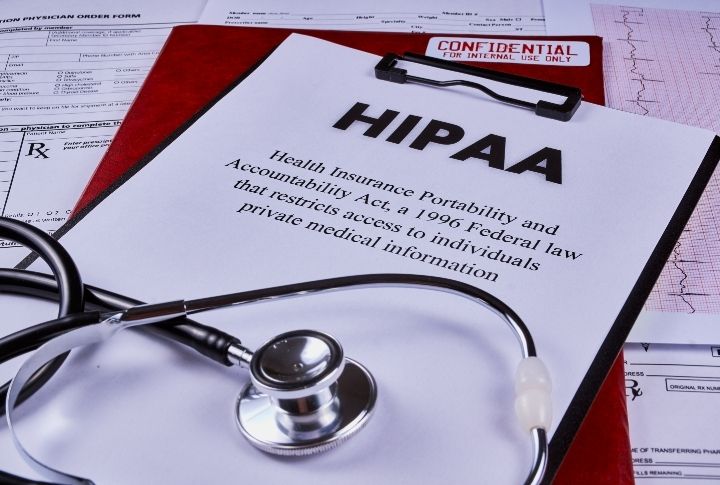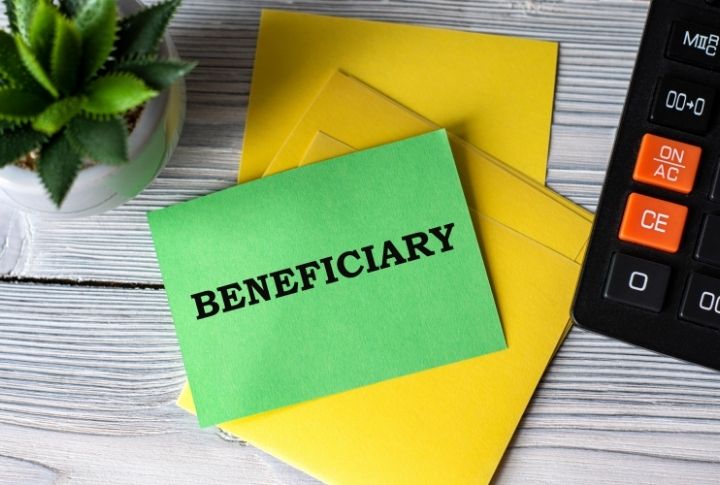
Aging gracefully involves more than just good health—it means being prepared for whatever life may bring. For elderly parents, having essential legal documents in order can ease the burden on their families and ensure their wishes are honored. Let’s explore the 10 legal papers every old parent should prepare to cover all bases and provide peace of mind.
Medical Directive (Living Will)

A medical directive, also known as a living will, outlines your parents’ preferences for medical treatment if they become incapacitated. This document specifies whether they want life-sustaining measures like feeding tubes or ventilators and ensures their wishes are respected. It may also address issues like pain management, palliative care, and preferred place of death.
Healthcare Power of Attorney

When they can’t make medical decisions, a healthcare power of attorney allows them to elect a trusted individual. POA guarantees their care is managed according to their values and preferences. This person can choose treatments, doctors, and healthcare facilities.
Financial Power of Attorney

It gives a person the legal authority to manage your parent’s financial affairs, such as paying bills, accessing accounts, and making investment decisions. This is important if they become incapacitated. A financial power of attorney allows your parents to choose who will handle their finances rather than having a court decide, giving them more control over their affairs as they age.
Will

This legal document specifies how your parents’ assets and property should be shared after their passing. They can name guardians for any dependent children and ensure their wishes are carried out. Without one, state laws determine the division of assets, which may not align with their wishes. A clear, legally binding agreement will ensure their estate is handled as they desire, reducing potential family disputes.
Revocable Living Trust

A revocable living trust allows your parents to maintain control over their assets during their lifetime while also providing a way to bypass the probate process, as it can be a lengthy and expensive legal process. With this, the grantor can add or remove beneficiaries, change assets, and revoke trust.
Advance Directive for Funeral/Burial

In this document, your parents outline their wishes for their funeral, burial, and any other end-of-life arrangements. It can include details like burial or cremation, casket selection, and memorial service wishes. By these preferences being documented in a legal advance directive, your parents can help ensure their final wishes are carried out, even if they become incapacitated or pass away unexpectedly.
HIPAA Authorization Form

Your parent’s medical information is protected by HIPAA, the Health Insurance Portability and Accountability Act. A HIPAA authorization form allows them to grant you access to their medical records and communicate with their healthcare providers. It is important for the healthcare POA to make informed medical decisions and for family members to stay updated on the parents’ health status.
List of Assets and Accounts

If your parent becomes incapacitated, a centralized list of their accounts makes it much easier for you or another trusted individual to step in and manage their finances. Additionally, When applying for Medicaid, VA benefits, or other assistance programs, your parents must provide extensive documentation of their financial situation. A complete list of their assets and accounts makes gathering this information much more efficient.
Beneficiary Designations

Beneficiary designations allow your parents to specify who will receive the assets in their accounts and policies after they pass away. This is vital because these designations prioritize what is stated in a will or trust. Without proper beneficiary designations, their assets could go through probate court, which can cause delays, additional costs, and potentially a distribution that does not align with their wishes.
Military Records

Access to military records is essential for aging parents to qualify for VA benefits like disability compensation, pension programs, and the Aid and Attendance benefit. Supplemental pension covers home care, nursing home care, or assisted living expenses for qualifying veterans and their spouses. These records may also be needed for end-of-life planning, such as military funeral honors or survivor benefits for the spouse of a deceased veteran.
